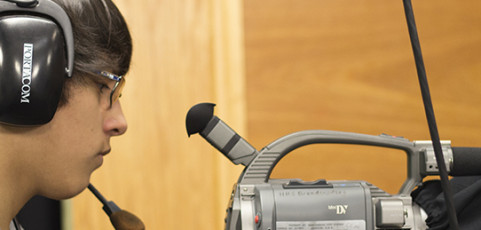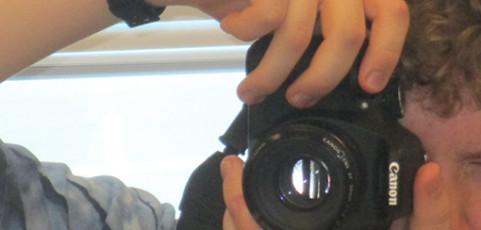Do your student media meet First Amendment standards?
The five scholastic media organizations offer secondary schools across the country an opportunity to show they are First Amendment-relevant schools through completion of a survey as part 1 for the First Amendment Press Freedom Award. The questions below are part 1, and can be used to evaluate your school’s First Amendment status.
Circle your choice: Yes, No or Don’t know (should be avoided or explained) Take this quiz before and after you read the book.
1. Does your school actively protect First Amendment rights, including artistic expression by students and faculty?
Yes No Don’t know (explain: __________________________________________________)
2. Does your school promote and support teaching of the First Amendment through classroom instruction and activities?
Yes No Don’t know (explain: __________________________________________________)









